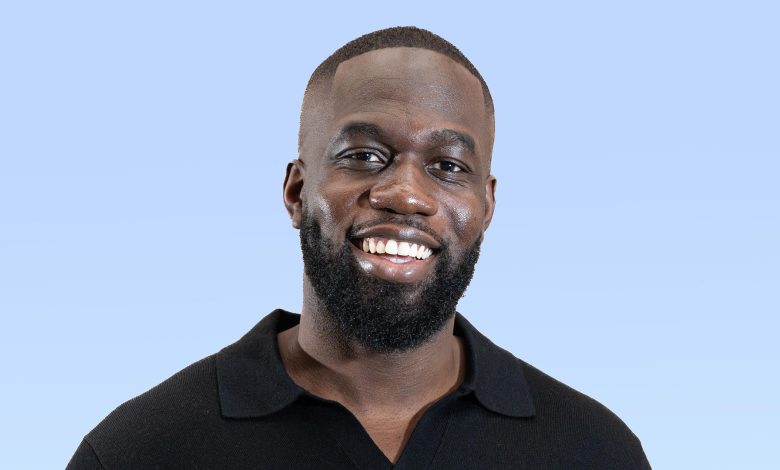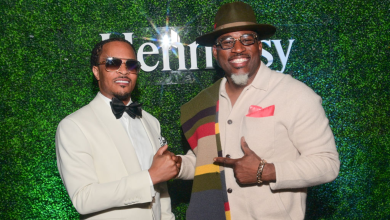Meta Senior Researcher Dr. Setor Zilevu Wants To Be The Champion For The Underdog As AI Advances


Dr. Setor Zilevu wants to be a champion for the underdogs.
Born in Ghana and raised in Virginia as the youngest sibling, he recalls going against the grain. His brothers and father were engineers, and he initially sought to pursue a career in neuroscience, despite always having an interest in technology. However, after dissecting an animal, medicine did not feel like the right fit, and he pivoted career plans in his first year at Virginia Tech.
“Maybe being a neurosurgeon might not be the best career path for me,” Zilevu told AFROTECH™.
His brothers encouraged him to change his major to computer engineering, as they remembered how he built his own Sony PlayStation to play “Dragon Ball Z” as a kid, when his parents wouldn’t make the purchase. He earned his bachelor’s degree and went on to pursue a master’s at Virginia Tech as well, but then switched to computer science in 2017, with the support of a GEM Fellowship Program. He had originally also applied to the University of Southern California for his master’s, but his father had a stroke, so he chose to study closer to home. His father’s condition informed his work at Virginia Tech, where he began exploring how AI connects with computer science after gaining more insights into the tech industry during an internship at Intel.
When his master’s program began, he connected with an advisor working in health care who was focused on stroke rehabilitation, an area of need for 795,000 stroke survivors across the U.S., according to the Centers for Disease Control and Prevention at the time, Virginia Tech reports.
“I told her the story about my dad and I was just like, ‘I really want to work on something in which I can dedicate to him and my family and something that really helps the lives of stroke survivors.’ And so we came together for a project in which I was working on creating interactive apps for stroke survivors,” Zilevu explained.
“Essentially what that was was, I worked on creating tablet interfaces, which allows for stroke survivors to get the same rehabilitation that they would in the hospital from the comfort of their home,” he continued. “So for two years, I was a researcher, engineer, designer, where I worked on building out the full end-to-end app experiences, working with both stroke survivors at Emory University and also clinical therapists, occupational physical therapists for those two years.”
Two apps were created, one for therapists and another for stroke survivors through a project called Semi-Automated Rehabilitation At Home (SARAH). This work was done through the VTC Smart Rehab Lab and supported by the National Science Foundation, which provided $1.1 million for the project, per Virginia Tech.
Zilevu also centered his master’s thesis around these efforts, and it won the William Preston Outstanding Thesis of the Year Award at the university.
Zilevu was also encouraged to pursue a Ph.D., which he did, once he secured a scholarship. He upscaled the work from his master’s thesis for his dissertation topic focused on human computer interaction for complex machine learning systems. This led to him being named one of MIT Technology Review’s Innovators Under 35, awarded to those shaping the future of science tech.
As for what Zilevu is up to today, after toggling between careers that included engineering and design engineering, he ultimately settled on research, and his current post is as a senior researcher at Meta within its super intelligence labs division.
“I do research related to the intersection of ACI and AI. So it’s understanding what type of AI experiences we need to provide for the suite of Meta products,” he explained.
He will also be speaking at the 2025 AFROTECH™ Conference — don’t miss the chance to hear his insights. Grab your tickets now.
“As AI continues to accelerate all different domain spaces, how do we make sure that no one is left behind…,” ” I really want to make sure that I’m serving underrepresented communities and really being the champion for the underdog. I know that sounds cliche, but given my experiences, I really want to make sure that I’m providing the right resources, I’m giving the right talks, I’m building the right products in which anyone can see how to use AI. Anyone can look at these tools and be like, ‘OK, I can also do this.’”




